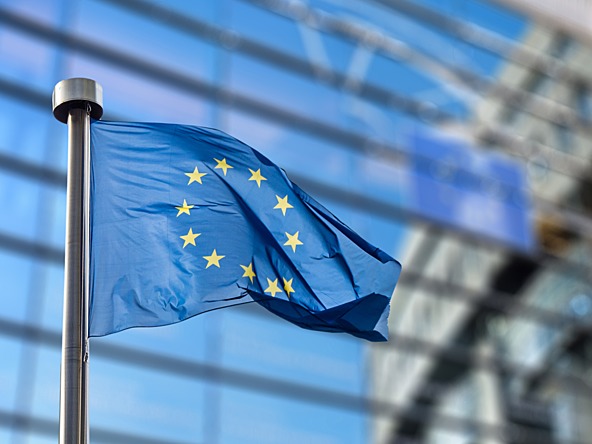Google adds transparency tools ahead of EU elections

The move comes as tech platforms face increased scrutiny over their role in the spread of disinformation and calls to increase the transparency of political advertising messages.
EU election advertisers will need to go through a new verification process to confirm their identity prior to advertising via Google, the company said in a blog post authored by Lie Junius, its director of EU public policy and government relations.
Once approved, ads mentioning a political party, candidate or office-holder will also be required to make it clear who has paid for them.
The company plans to launch a transparency report focused specifically on EU election ads and a library of ads, including information on who is behind them, their target audiences and the amount of money spent on them. “Our goal is to make this information as accessible and useful as possible to citizens, practitioners, and researchers,” said Junius.
The move follows an agreement signed by Google, Facebook and Twitter in September, in which they pledged to tackle ‘fake news’ in Europe.

We hope you enjoyed this article.
Research Live is published by MRS.
The Market Research Society (MRS) exists to promote and protect the research sector, showcasing how research delivers impact for businesses and government.
Members of MRS enjoy many benefits including tailoured policy guidance, discounts on training and conferences, and access to member-only content.
For example, there's an archive of winning case studies from over a decade of MRS Awards.
Find out more about the benefits of joining MRS here.














0 Comments